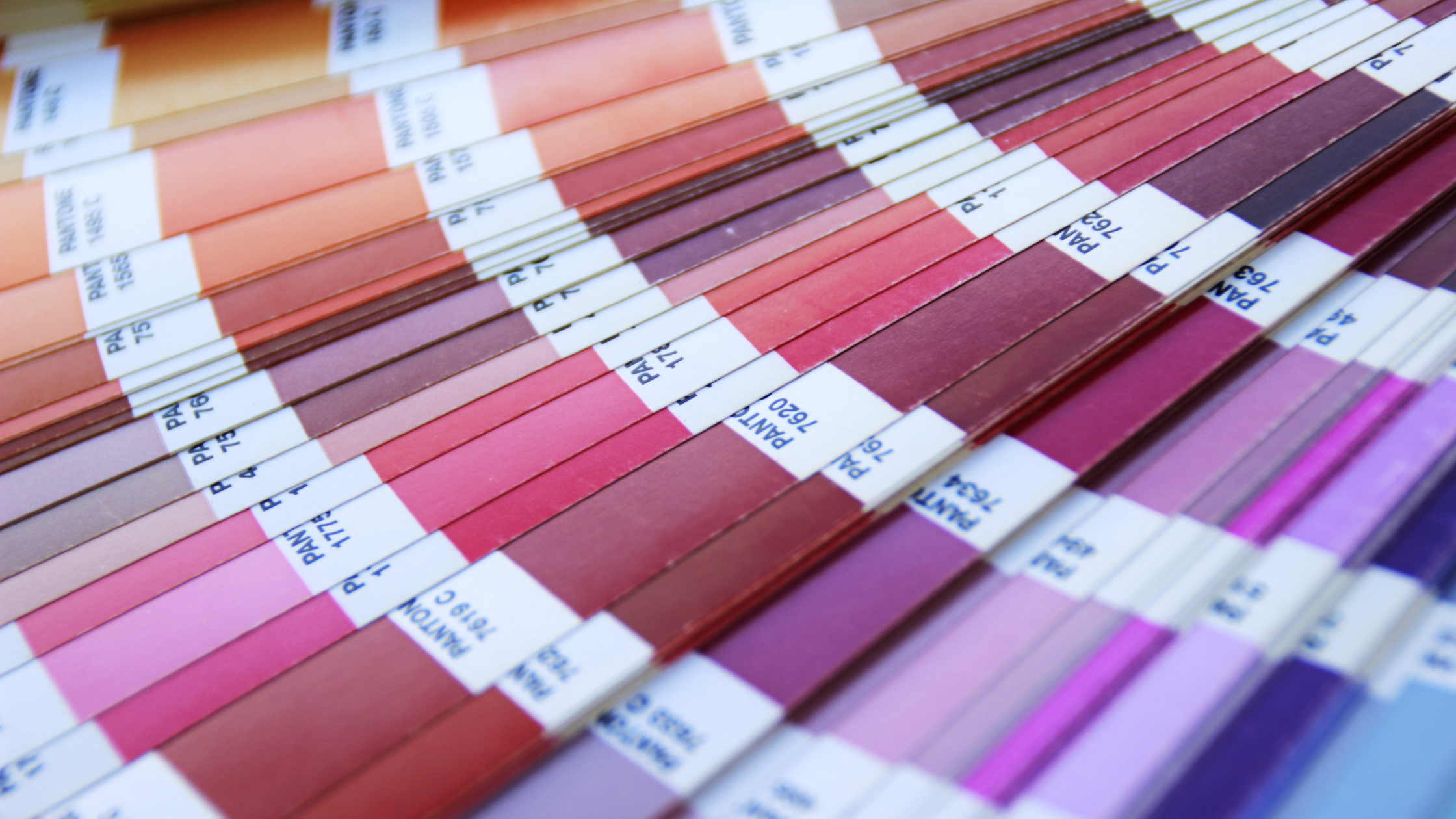
So your product got scratched, and you want to touch it up. It happens, we know. Many businesses – especially manufacturers – will specify Pantone color codes for touch up. So when we tell customers, not to buy a Pantone color for touch-up paint, they’re confused. They think, "but the large reputable manufacturer told me the exact code?”
But there are three big reasons why you shouldn’t use Pantone colors for touch-up paint.
- Pantone colors are not exact.
Pantone colors, especially not the PMS colors commonly used, are not EXACT codes. Pantone colors appear to be specific, however, they are not nearly specific enough for touch-up applications. The Master Spectral value for Pantone colors is precise, however, also theoretical. Colors need to be made from physical standards. The Pantone Matching System was designed to be used for ink standards, and color swatches across color books vary too much to be used as a touch-up standard. - Pantone doesn’t include sheen.
When it comes to touch-up applications, the sheen is just as, if not more important than the color. Pantone color codes do not include any information about sheen. Here at MyPerfectColor, we offer 5 standard sheens ranging from flat to gloss, however, the chances of any of these matching your production finish are very low. - The selection method isn’t exact.
Consider how the Pantone color code was selected. There are often three methods used to determine the color code: a Pantone color was specified for the product in the design process, someone picked the color by flipping through a color book and choosing the closest one, or someone used the web and digital color values to find the color. None of these methods are perfect and none are good enough for touch-up applications.
Keep in mind that Pantone, due to its huge selection of bright colors, is the color standard for marketing, branding, and product development. Products are often specified as Pantone colors during the design process so it makes sense that manufacturers would tell customers to use a Pantone color code for touch up. However, Pantone colors are not only difficult to reproduce, but the Pantone color standards also vary as mentioned. As a result, the intended design of the product is usually not the same as the actual color of the finished product. It's probably close, but that's not good enough for touch-up paint.
Touch-up paint should be extremely precise. The tiniest difference can stand out like a sore thumb on a product. Pantone colors are reproduced in paint by matching to a color swatch in a Pantone book - not to any product. The only way to provide a true touch-up solution for your product is to precisely match the sheen and color of a production part or control standard.
If you’re looking for a touch-up paint solution that’s spot on, check out our custom color matching service.






